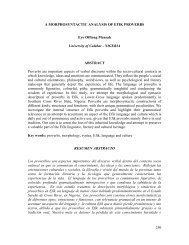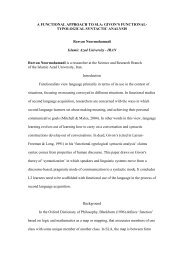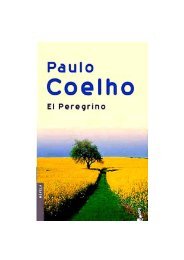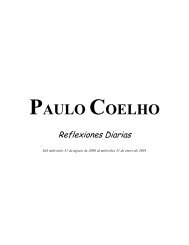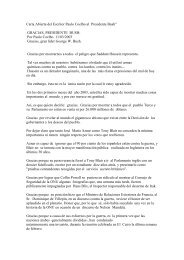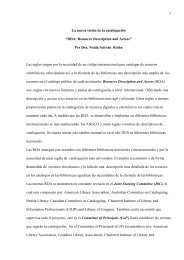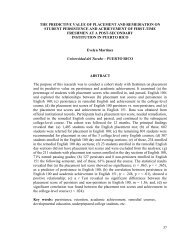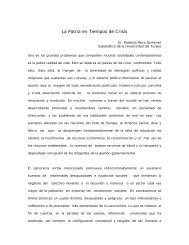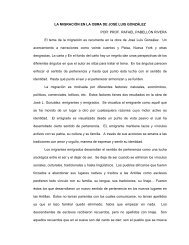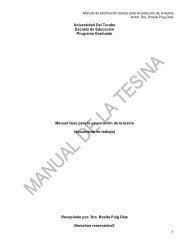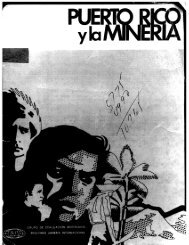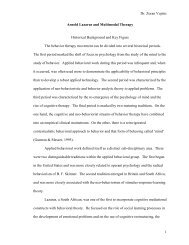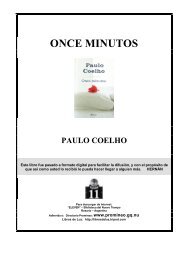Jennet Rodriguez Betancourt
Jennet Rodriguez Betancourt
Jennet Rodriguez Betancourt
You also want an ePaper? Increase the reach of your titles
YUMPU automatically turns print PDFs into web optimized ePapers that Google loves.
egins to surface filled with elements of Puerto Rican-ness. At the same time, amid the<br />
idealized humorous jíbaro verses, in his writings in prose, Alonso cautiously masked his<br />
criticisms using multiple literary devices (folklore, dreams, humor, a story within a story,<br />
fictive characters and settings, etc.). The struggle and ability of this gifted writer in<br />
composing such a significant literary work full of colorful vignettes packed with hidden<br />
transcripts, in a period of so much oppression is extremely remarkable and valuable.<br />
There are those who criticize Alonso’s appropriation of the jíbaro as an unfair<br />
one. Puerto Rican intellectual, José Luis González claims in his controversial work, el<br />
país de los cuartro pisos (1987) that the black population was omitted from the scenario<br />
and that Alonso’s jíbaro is not Puerto Rico’s true jíbaro. “Jose Luis Gonzalez attempts to<br />
deconstruct motivations behind the appropriation of the jíbaro in the nineteenth and<br />
twentieth centuries and to expose the reasons for its continuing resonance in Puerto Rican<br />
national discourse in contemporary times” (Guerra 54).<br />
Alonso’s jíbaro may not have been the true depiction of the jíbaro at the time, or<br />
perhaps there just was not a true jíbaro, but without a doubt, his text contributed to the<br />
beginnings of a collective distinctiveness. A personality and sense of Otherness created<br />
by giving the jíbaro a voice and a visibility never before granted to this rural figure. By<br />
cautiously orchestrating as a costumbrista writer illustrating the traditions of this<br />
romanticized character, this talented author not only survived strict colonial conditions,<br />
but he wrote a Puerto Rican classic.<br />
Whatever Alonso’s intentions in writing this canonized work were, this text most<br />
certainly contributes to documenting the popular culture of the jíbaro while contributing<br />
to the beginnings of a Puerto Rican national identity. A reading of the verses will reveal<br />
20



